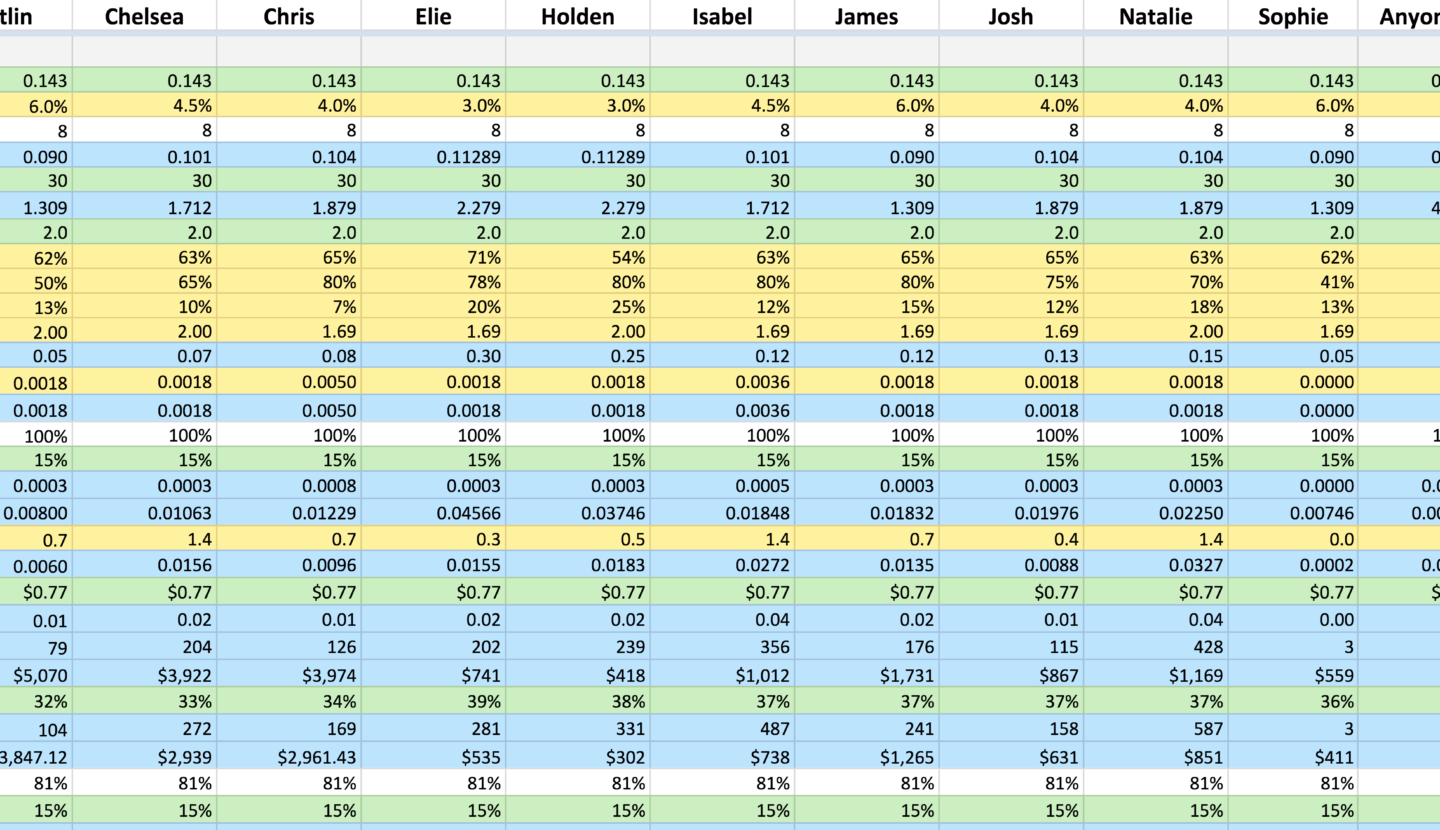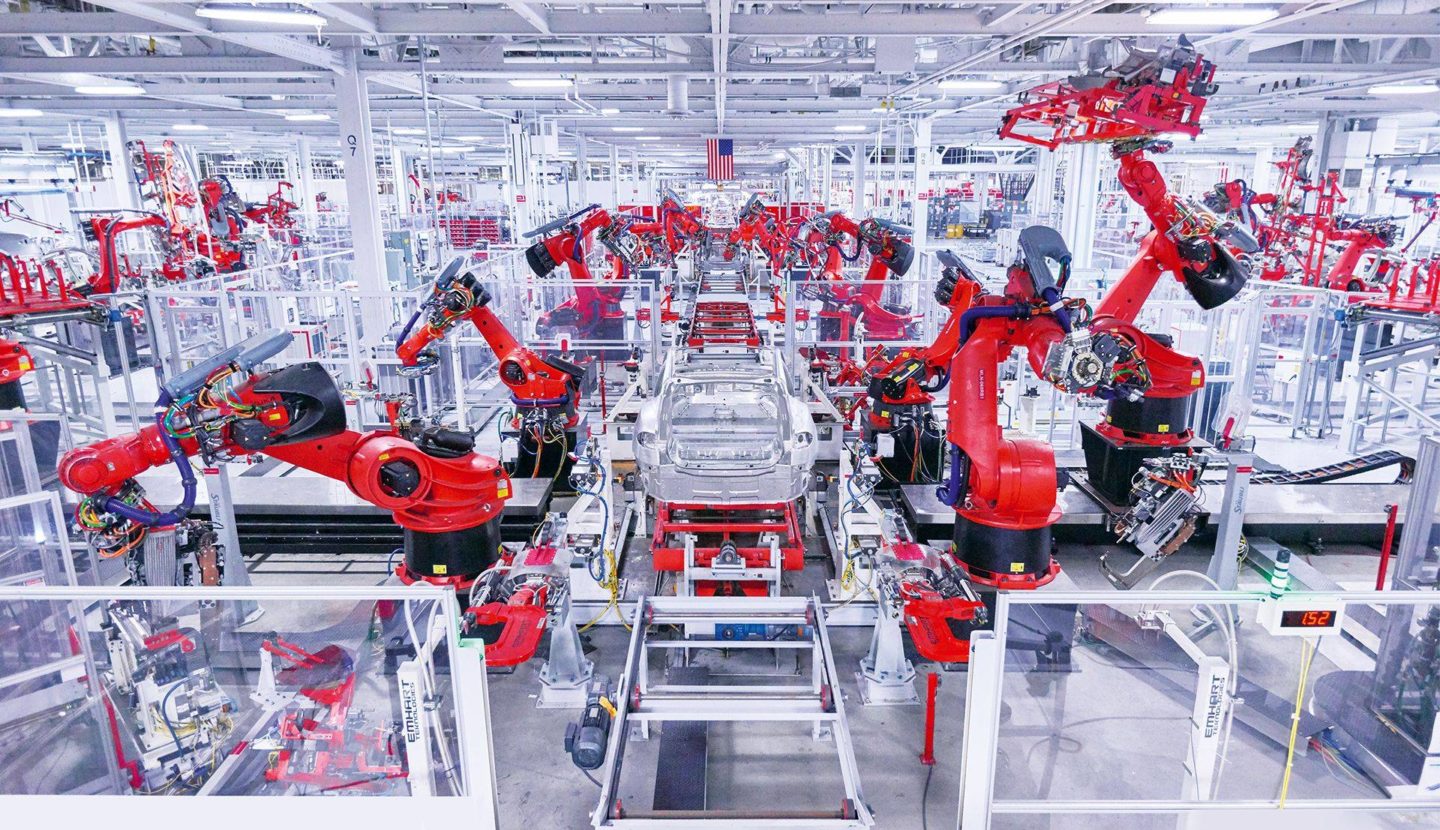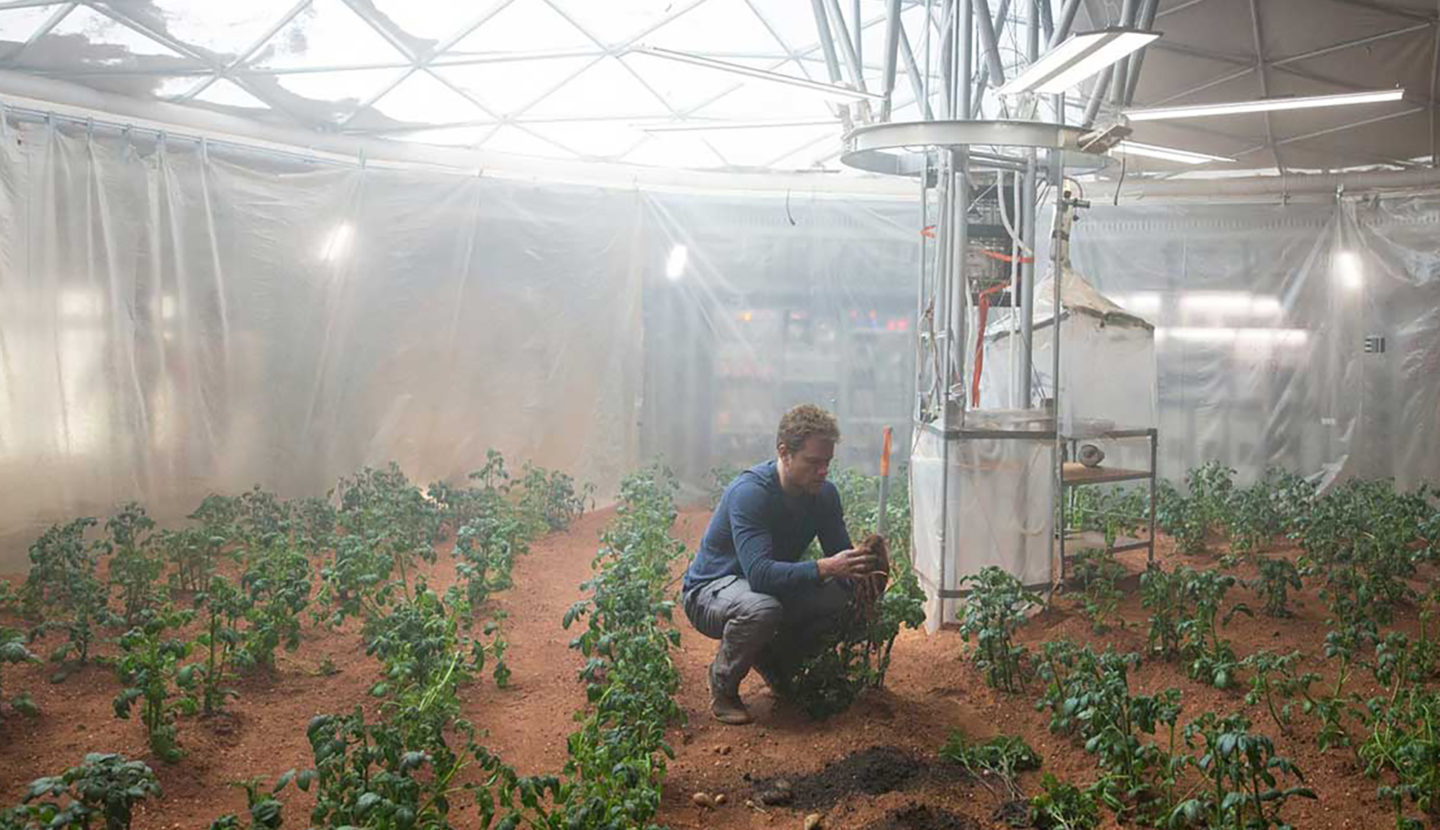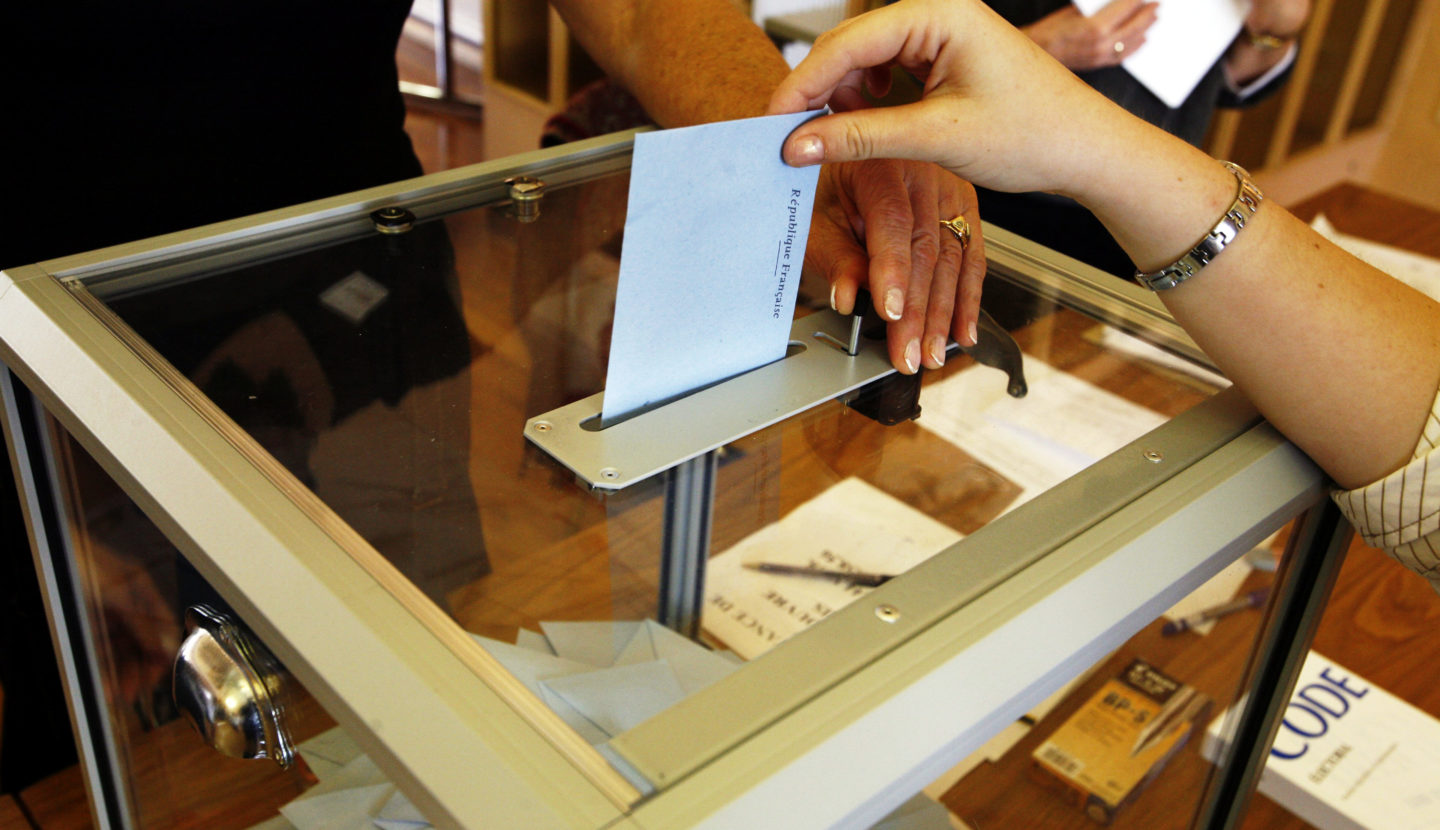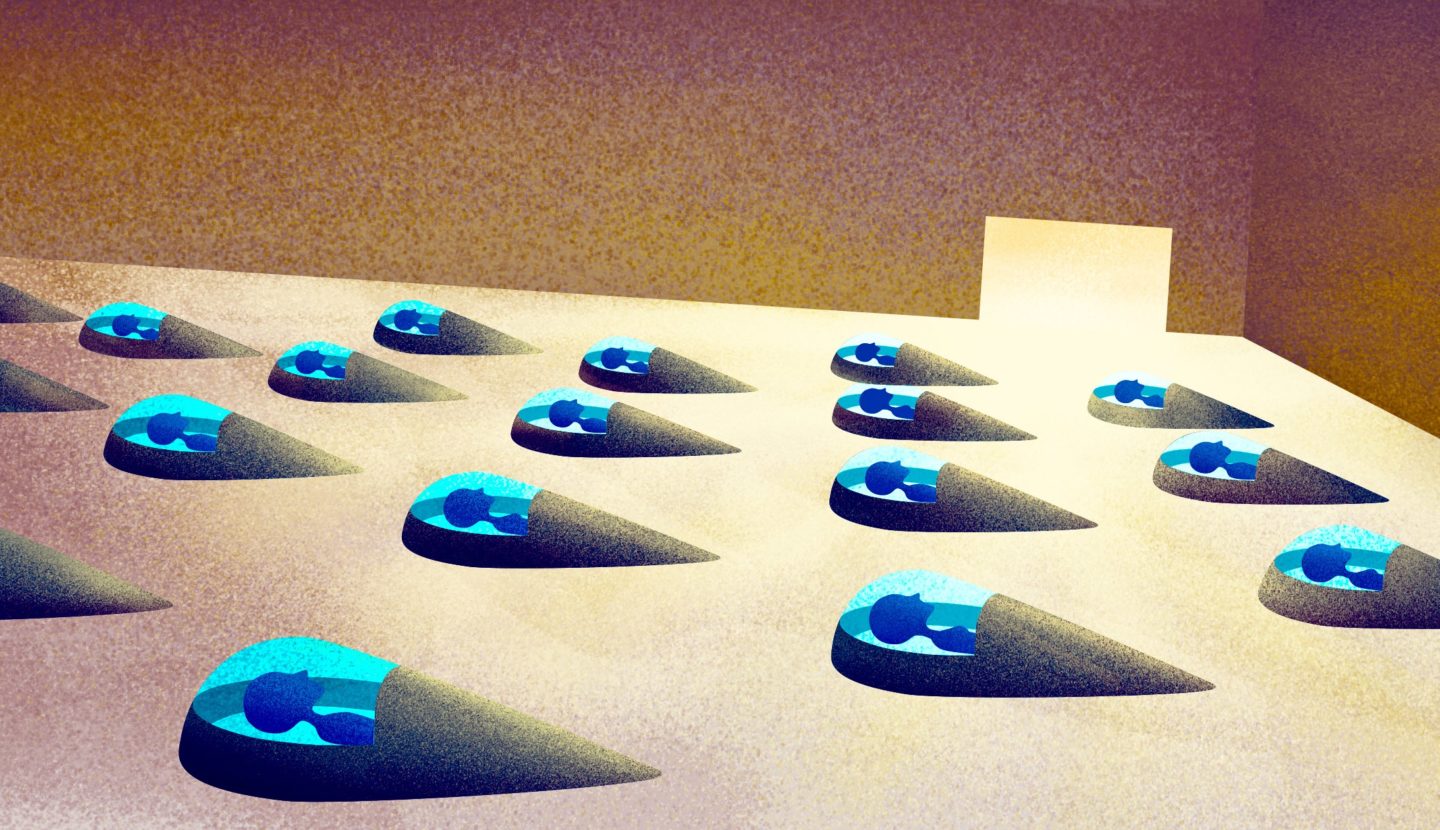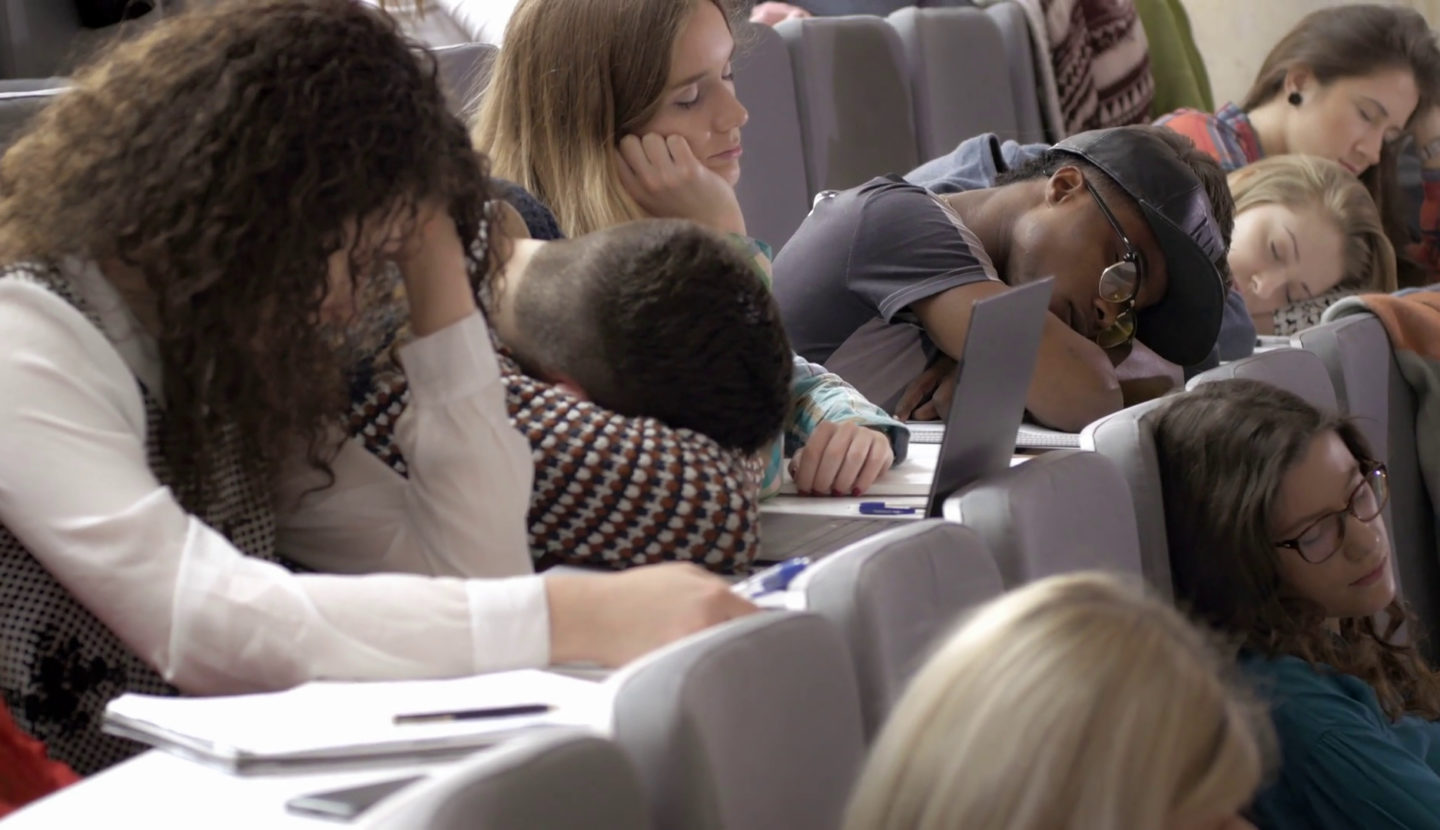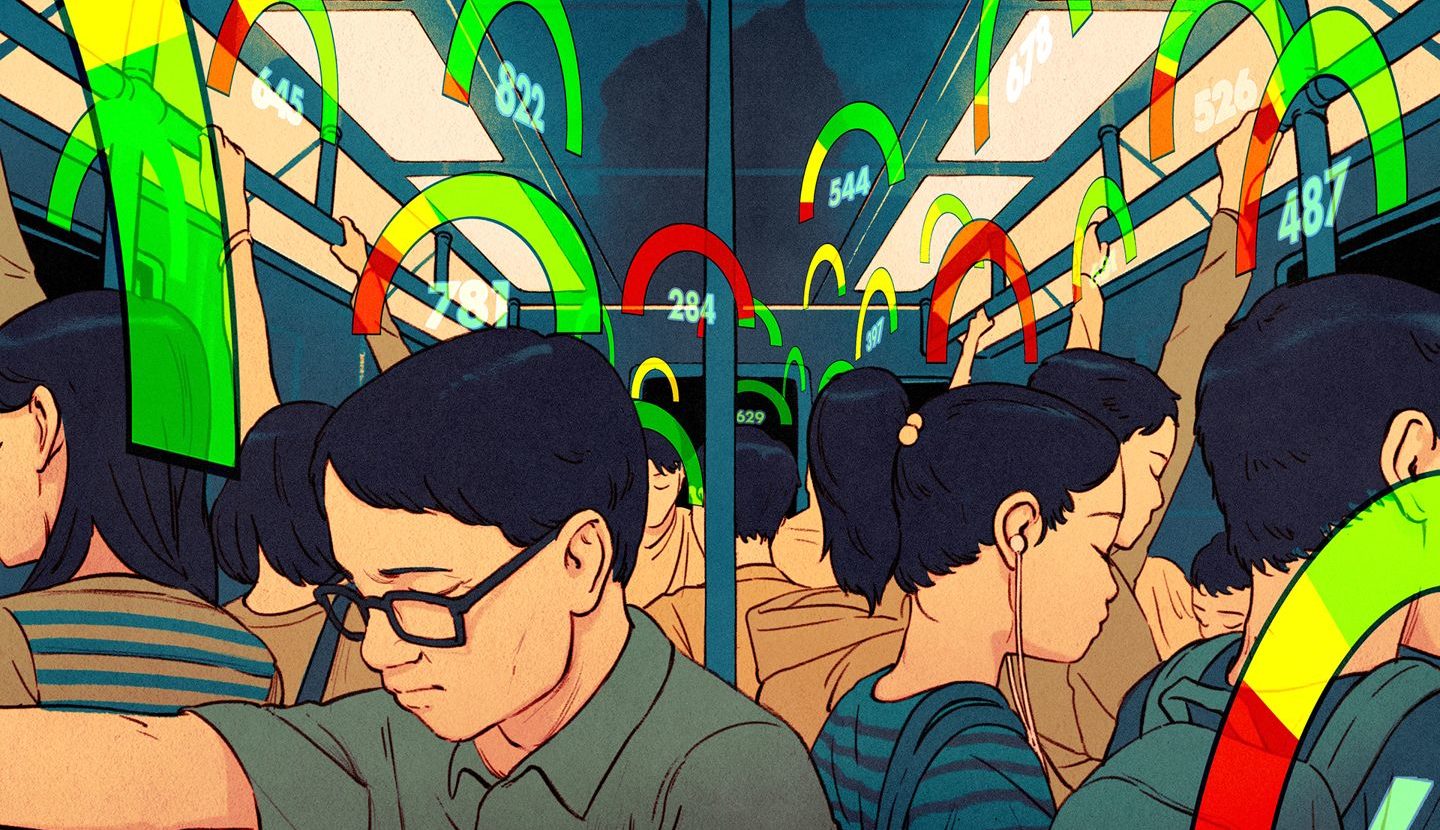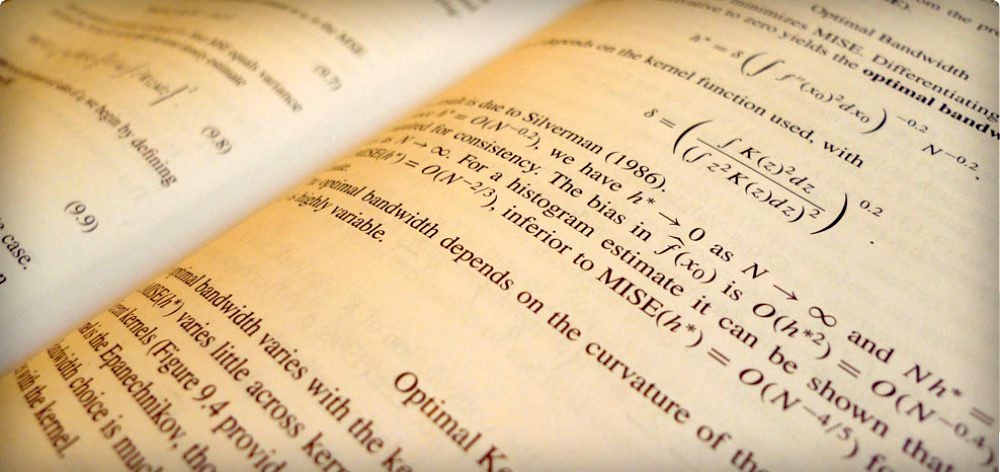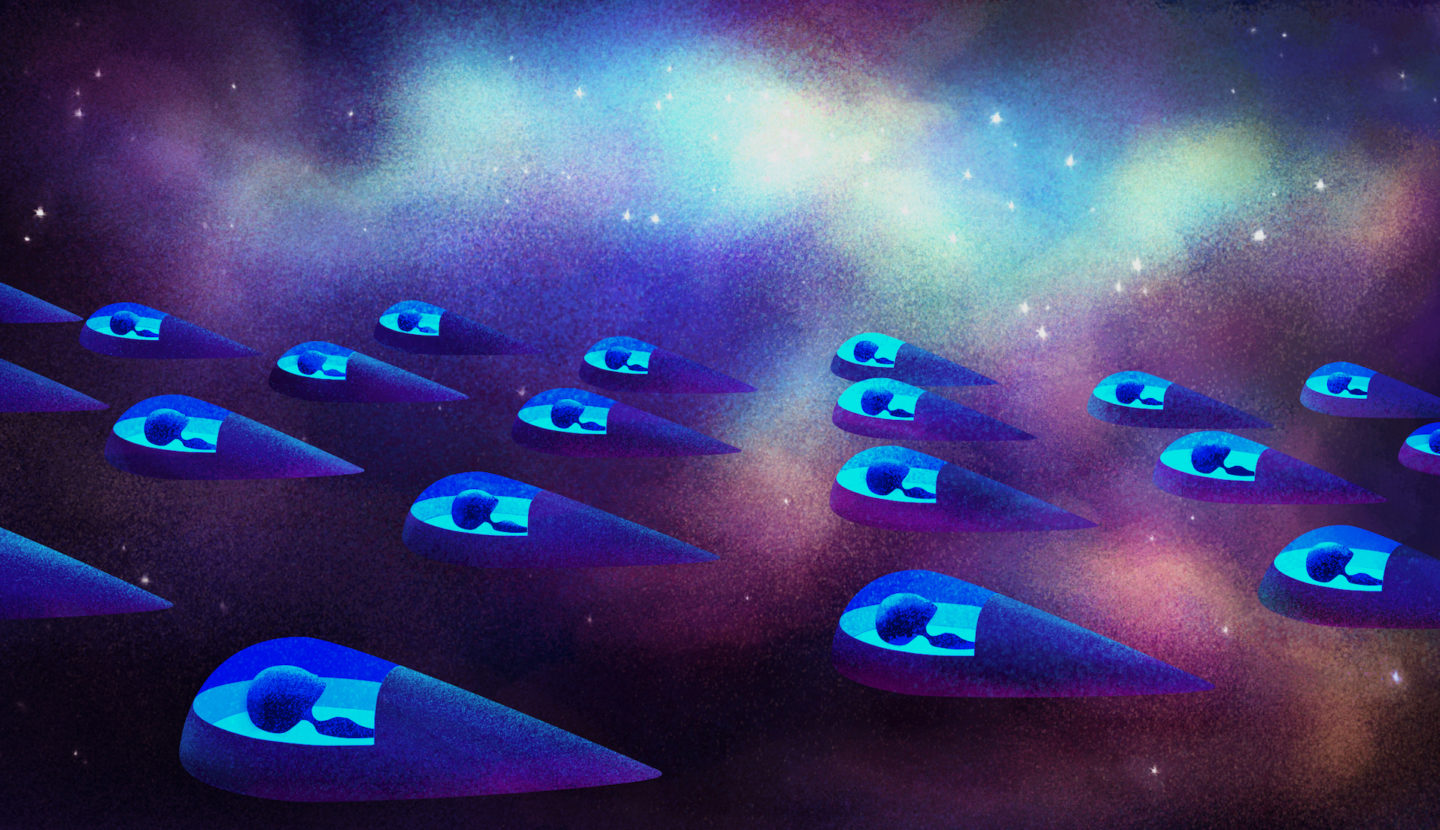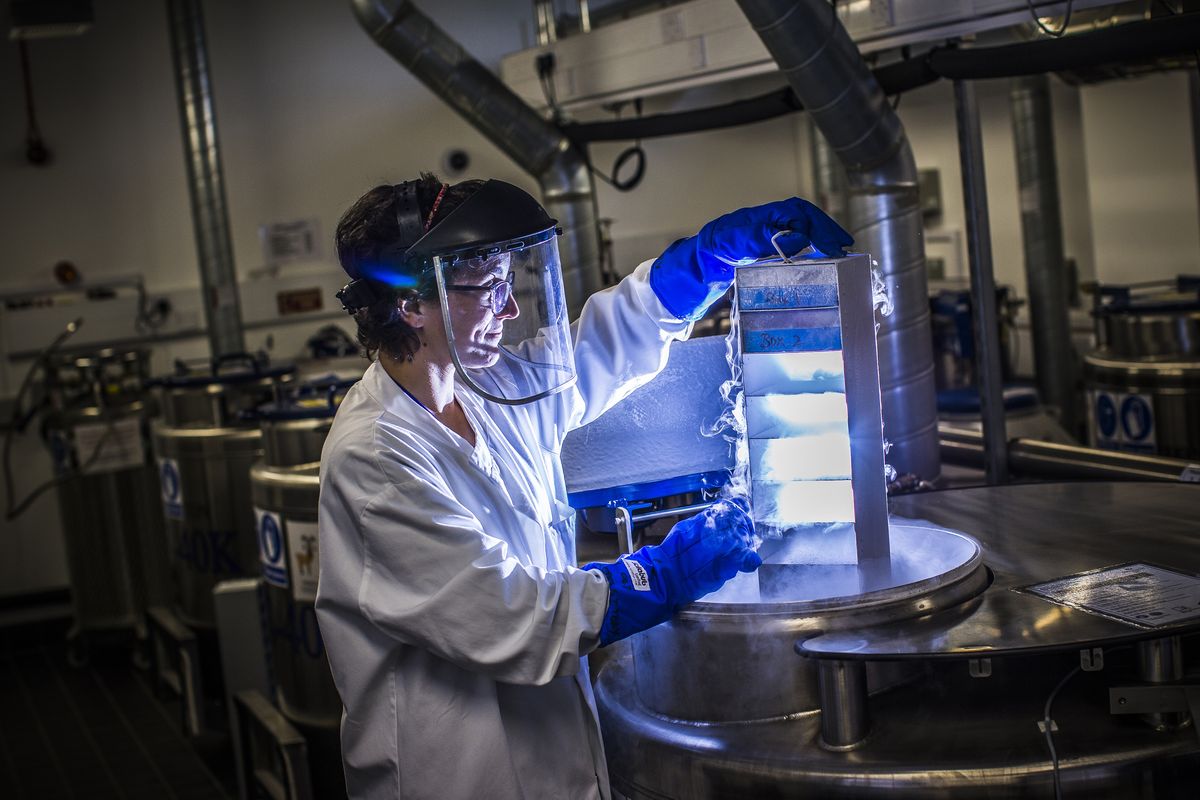#38 – Yew-Kwang Ng on anticipating EA decades ago & how to make a much happier world

Will people who think carefully about how to maximize welfare eventually converge on the same views?
The effective altruism community has spent the past 10 years debating how best to increase happiness and reduce suffering, and gradually narrowed in on the world’s poorest people, all sentient animals, and future generations.
Yew-Kwang Ng, Professor of Economics at Nanyang Technological University in Singapore, worked totally independently on this exact question since the 70s. Many of his early conclusions are now conventional wisdom within effective altruism – though other views he holds remain controversial or little-known.
For instance, he thinks we ought to explore increasing pleasure via direct brain stimulation, and that genetic engineering may be an important tool for increasing happiness in the future.
His work has suggested that the welfare of most wild animals is on balance negative and he hopes that in the future this is a problem humanity will work to solve. Yet he thinks that greatly improved conditions for farm animals could eventually justify eating meat.
And he has spent most of his life forcefully advocating for the view that happiness, broadly construed, is the only intrinsically valuable thing.
If it’s true that careful researchers will converge as Prof Ng believes, these ideas may prove as prescient as his other, now widely accepted, opinions.
Born in Japanese-occupied Malaya during WW2, Kwang has led an exceptional life. While in high school he was drawn to physics, mathematics, and philosophy, yet he chose to study economics because of his dream: to establish communism in an independent Malaysia.
But events in the Soviet Union and the Chinese ‘cultural revolution’, in addition to his burgeoning knowledge and academic appreciation of economics, would change his views about the practicability of communism. He would soon complete his journey from young revolutionary to academic economist, and eventually become a columnist writing in support of Deng Xiaoping’s Chinese economic reforms in the 80s.
He got his PhD at Sydney University in 1971, and has since published over 250 peer-reviewed papers – covering economics, biology, politics, mathematics, philosophy, psychology, and sociology, with a particular focus on ‘welfare economics’.
In 2007, he was made a Distinguished Fellow of the Economic Society of Australia, the highest award the society bestows.
In this episode we discuss how he developed some of his most unusual ideas and his fascinating life story, including:
- Why Kwang believes that ‘Happiness Is Absolute, Universal, Ultimate, Unidimensional, Cardinally Measurable and Interpersonally Comparable’
- What are the most pressing questions in economics?
- Did Kwang have to worry about censorship from the Chinese government when promoting market economics, or concern for animal welfare?
- Welfare economics and where Kwang thinks it went wrong
- The need to move towards a morality based on happiness
- What are the key implications of Kwang’s views for how a government ought to set its priorities?
- Could promoting these views accidentally give support to oppressive governments?
- Why does Kwang think the economics profession as a whole doesn’t agree with him on many things?
- Why he thinks we should spend much more to prevent climate change and whether other are economists convinced by his arguments
- Kwang’s proposed field: welfare biology.
- Does evolution tend to create happy or unhappy creatures?
- Novel ways to substantially increase human happiness
- What would Kwang say to listeners who might want to build on his research in the future?
Get this episode by subscribing to our podcast on the world’s most pressing problems and how to solve them: type 80,000 Hours into your podcasting app. Or read the transcript below.
The 80,000 Hours podcast is produced by Keiran Harris.
